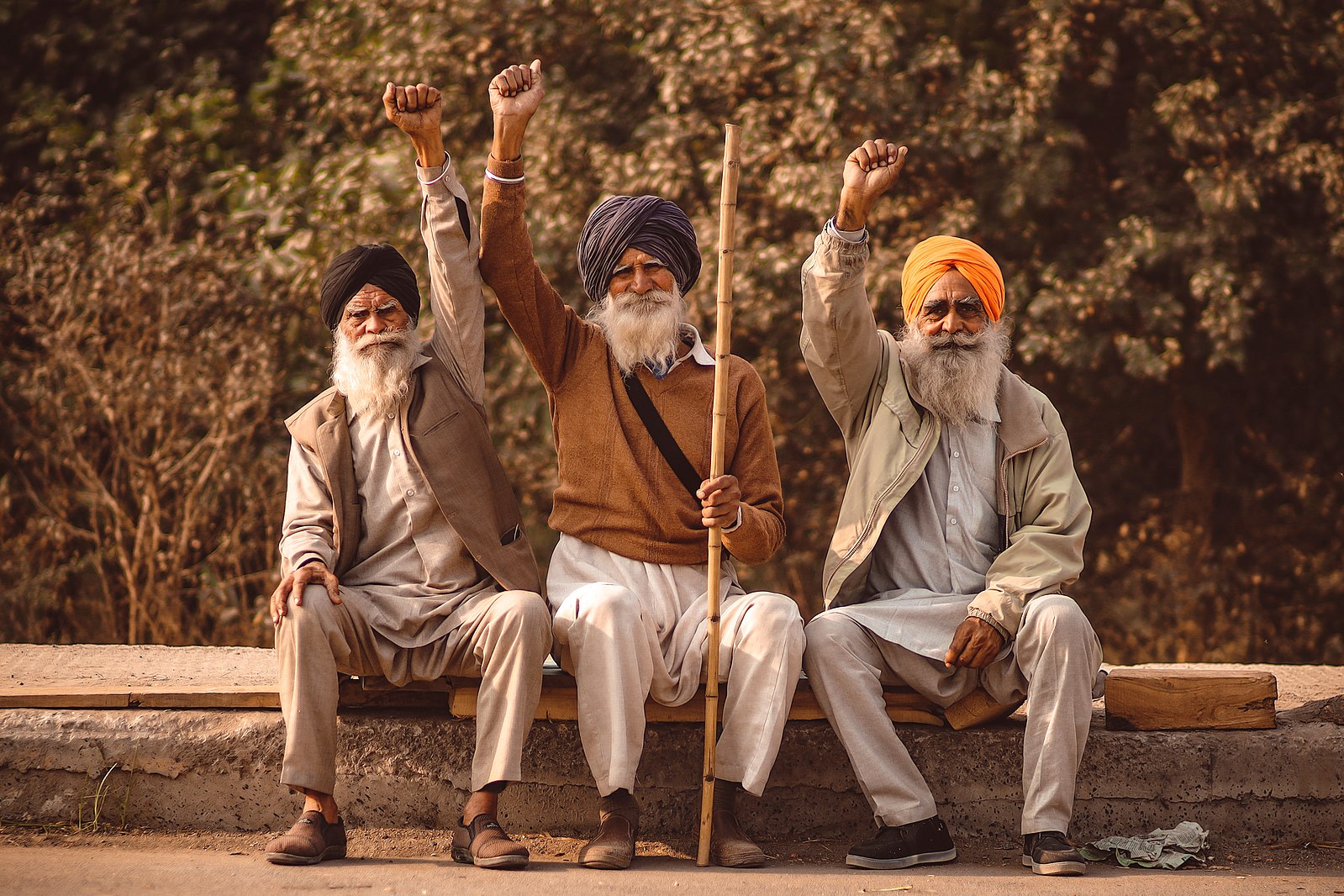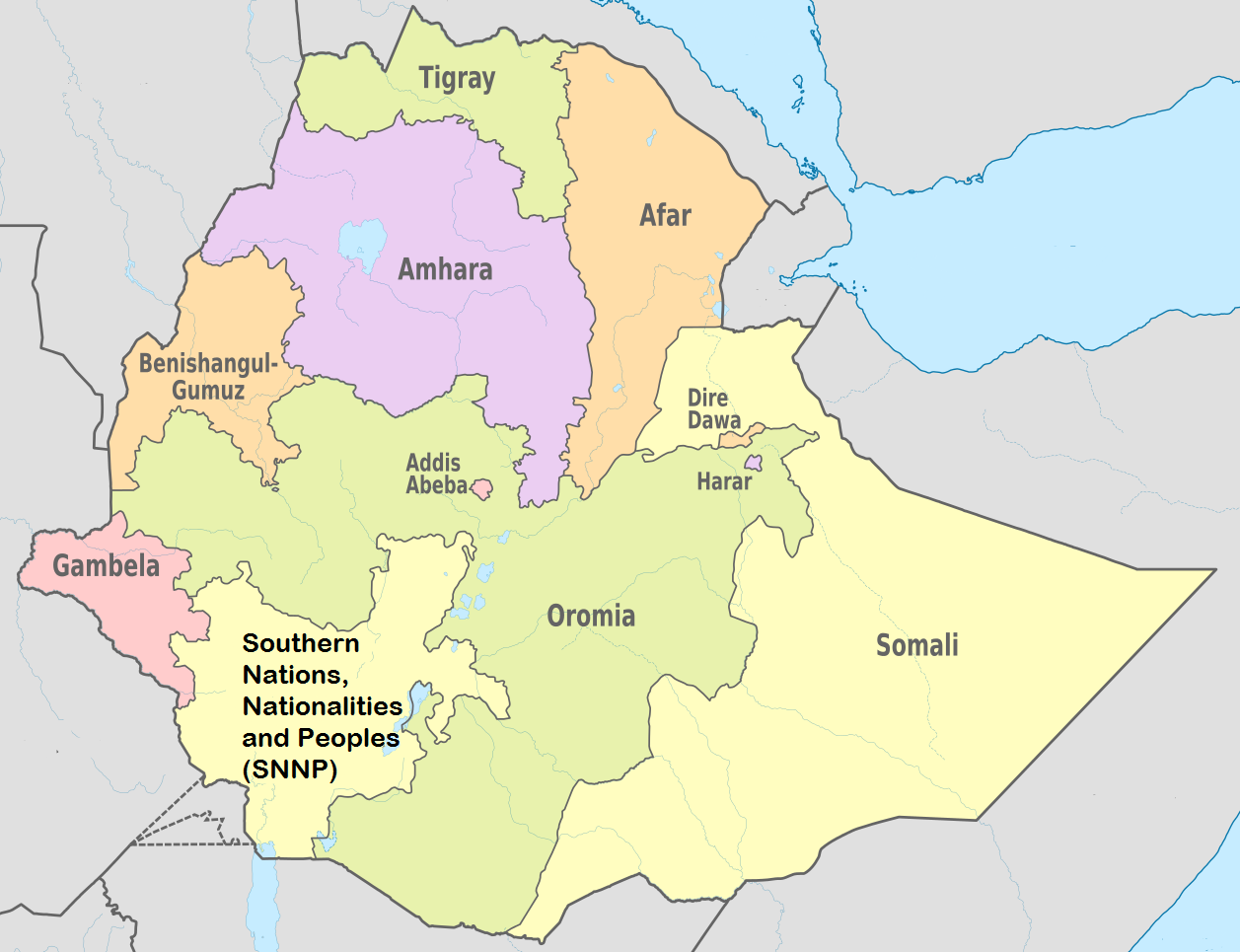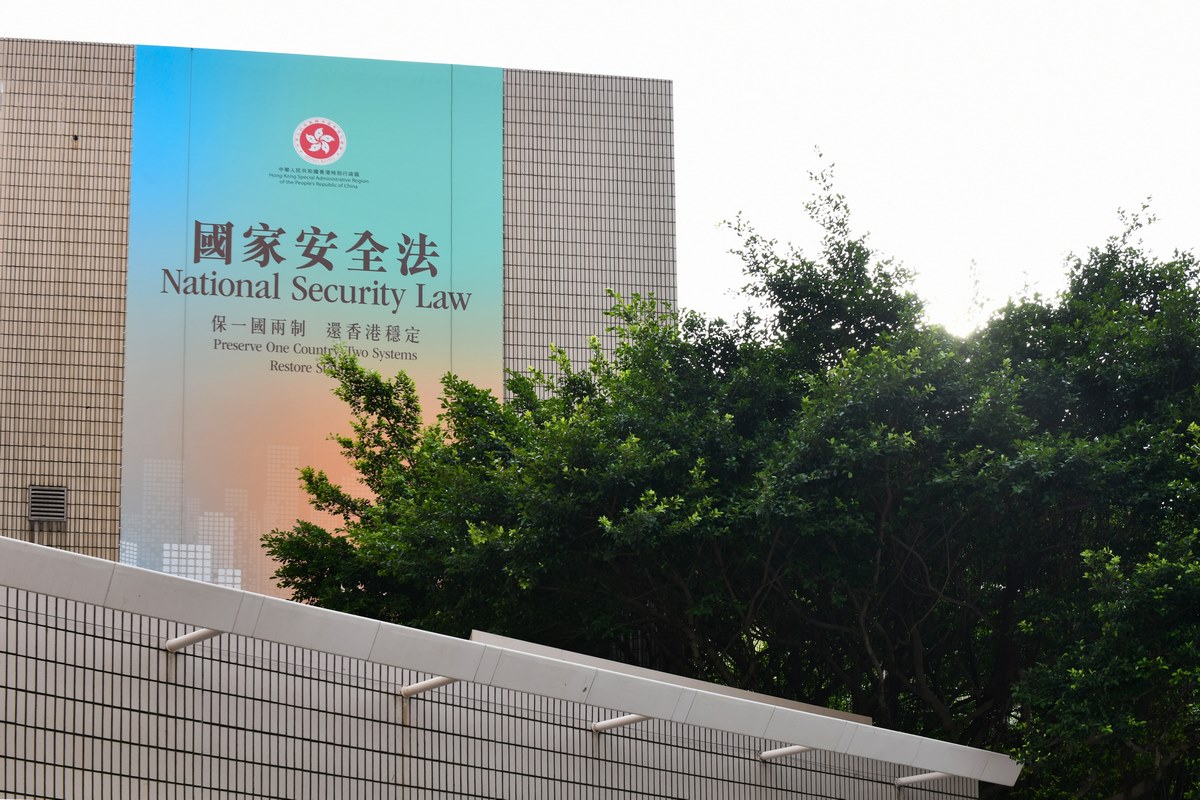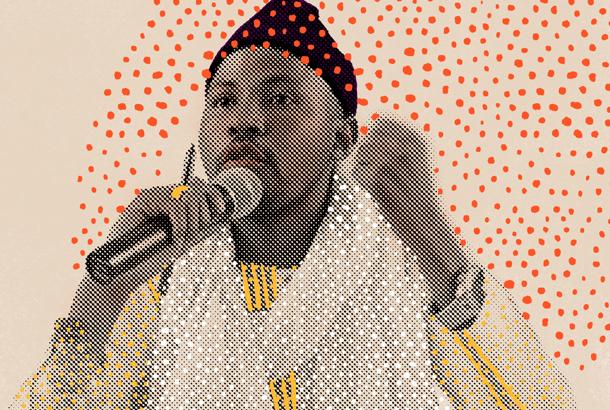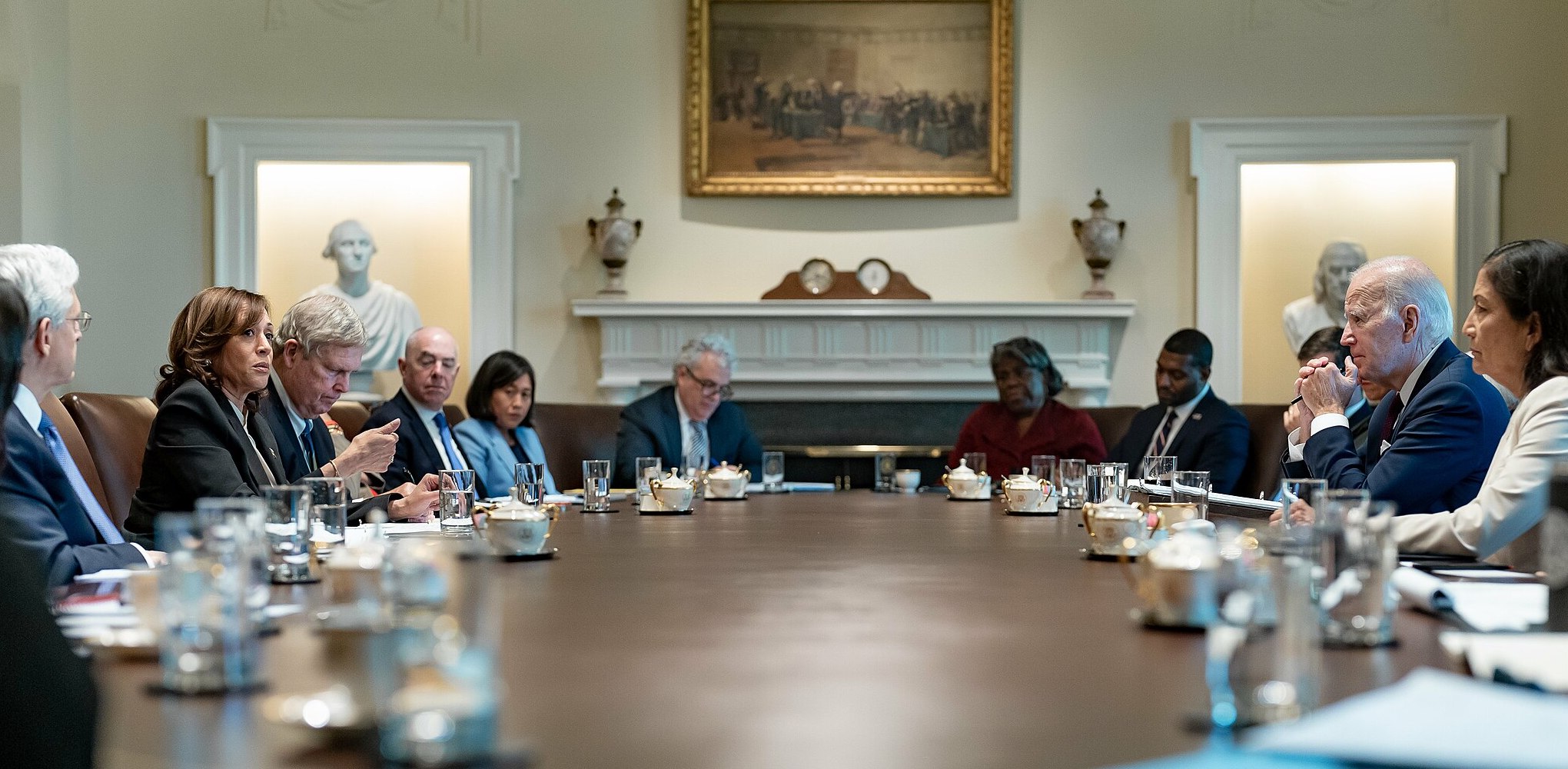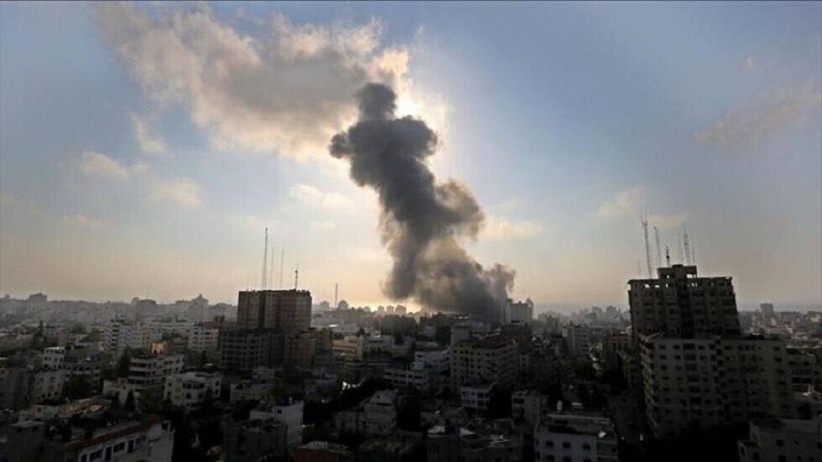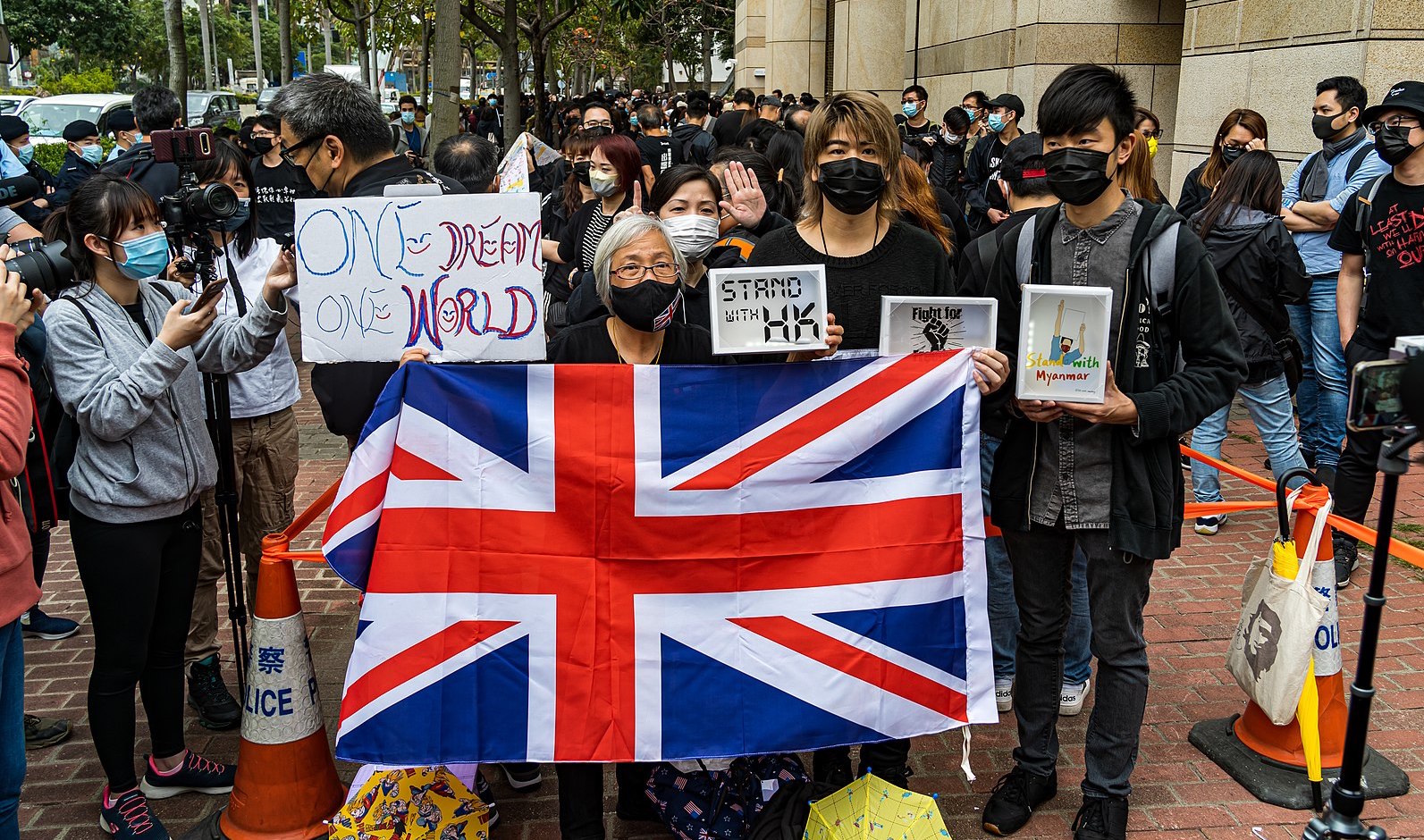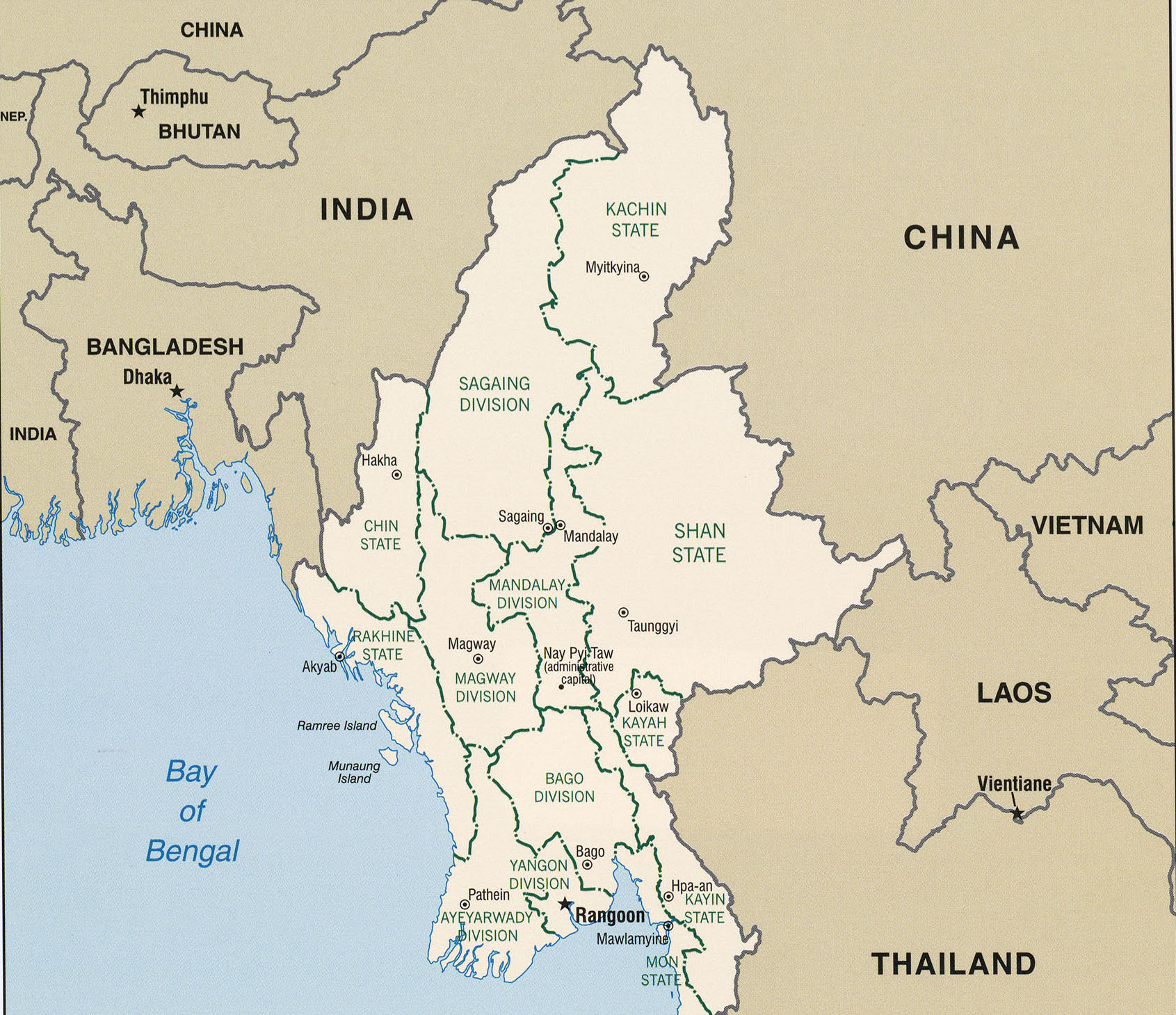
Burma: investigate killing of journalist Myat Thu Tan
The New York-based Committee to Protect Journalists called for the Burmese military government to investigate the killing of journalist Myat Thu Tan and prosecute the perpetrators. The journalist’s remains were found buried in a bomb shelter at a military camp in Rakhine state. The body, bearing signs of torture, was discovered along with six other political detainees after the camp was overrun by the insurgent Arakan Army. Since September 2022, authorities had held Myat Thu Tan in pre-trial detention. At the time of his death, he had not been tried or convicted of any offense. He was accused of disseminating “defamatory material” on social media, in violation of the Burmese Penal Code. According to Human Rights Watch, the offense is used “to target those speaking critically of the military” following the coup of February 2021. (Map: PCL)



